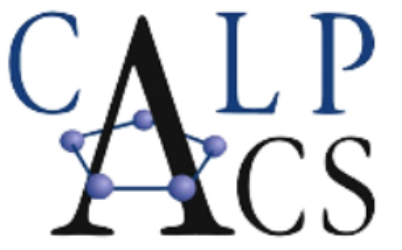Philosophical honesty is the essential ingredient of policy making. The allocation of public and corporate resources must be made according to experimental results that are true and arguments that are logically sound. Otherwise, public trust is eroded and public and private resources are squandered. Please join us for an important lecture on the difficulties of maintaining philosophical integrity in a world of complex experiments and intricate arguments at the California Los Padres Section’s annual π day lecture series on science and policy. Pies will be served at 3:00 PM, with the talk commencing at 3:14 PM. We are privileged to host Professor Theodore Porter of UCLA’s Department of History.
Statistical Pi: Metaphysics and Manipulation of Numbers
Speaker: Theodore Porter, Ph.D.
Abstract
Statistics, in its mathematical form, was closely associated with the “error curve” or normal distribution, a formula that contains e as well as π, and that inspired wonderment for the great range of phenomena to which it applied. But it was originally a descriptive science of the state, and was bound up with a reverence for facts. Now, perhaps more than ever, statistics and quantitative data are treated as almost synonymous with evidence. So much faith creates an irresistible temptation to distort and manipulate, and it sometimes appears impossible to separate funny numbers from scrupulous ones. Have we created a crisis of numbers?
Date: Saturday, March 10, 2018
Time: 3 – 5 PM
Place: Building 8 (Bioresource & Agricultural Engineering), Room 123, CalPoly San Luis Obispo. Click here for campus map.
Cost: Free
Your RSVP through the form below is requested to help event planning. Please click here to download the event flier..
Theodore Porter is a historian of science and Distinguished Professor of History at UCLA, where he has taught for about 25 years. His research has mainly focused on ideas and uses of quantification, measurement, data, and statistics, and especially they ways they link the natural sciences and medicine with social knowledge. His books include The Rise of Statistical Thinking, Trust in Numbers: The Pursuit of Objectivity in Science and Public Life; Karl Pearson: The Scientific Life in a Statistical Age, and (in a few months) Genetics in the Madhouse: The Unknown History of Human Heredity.
